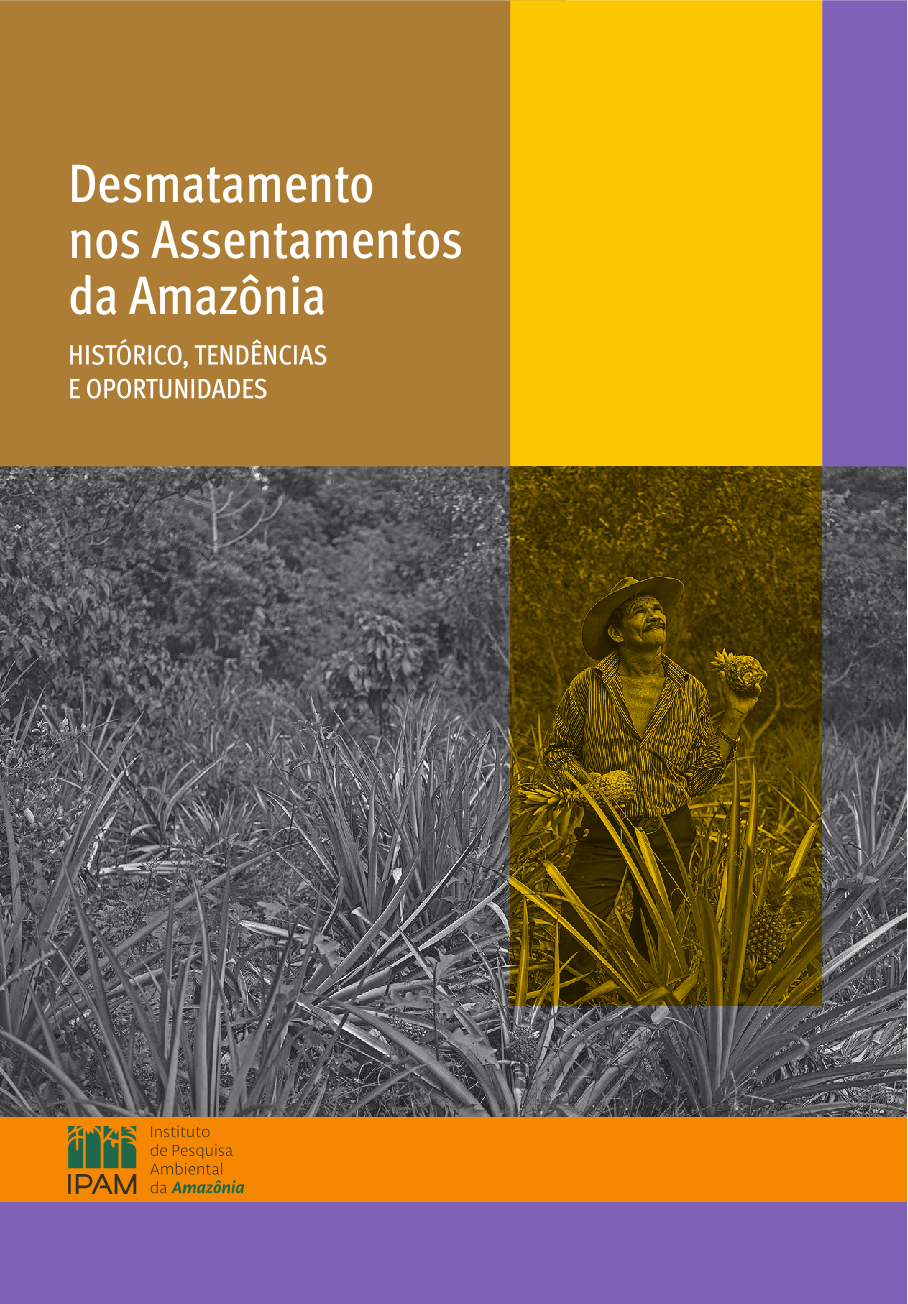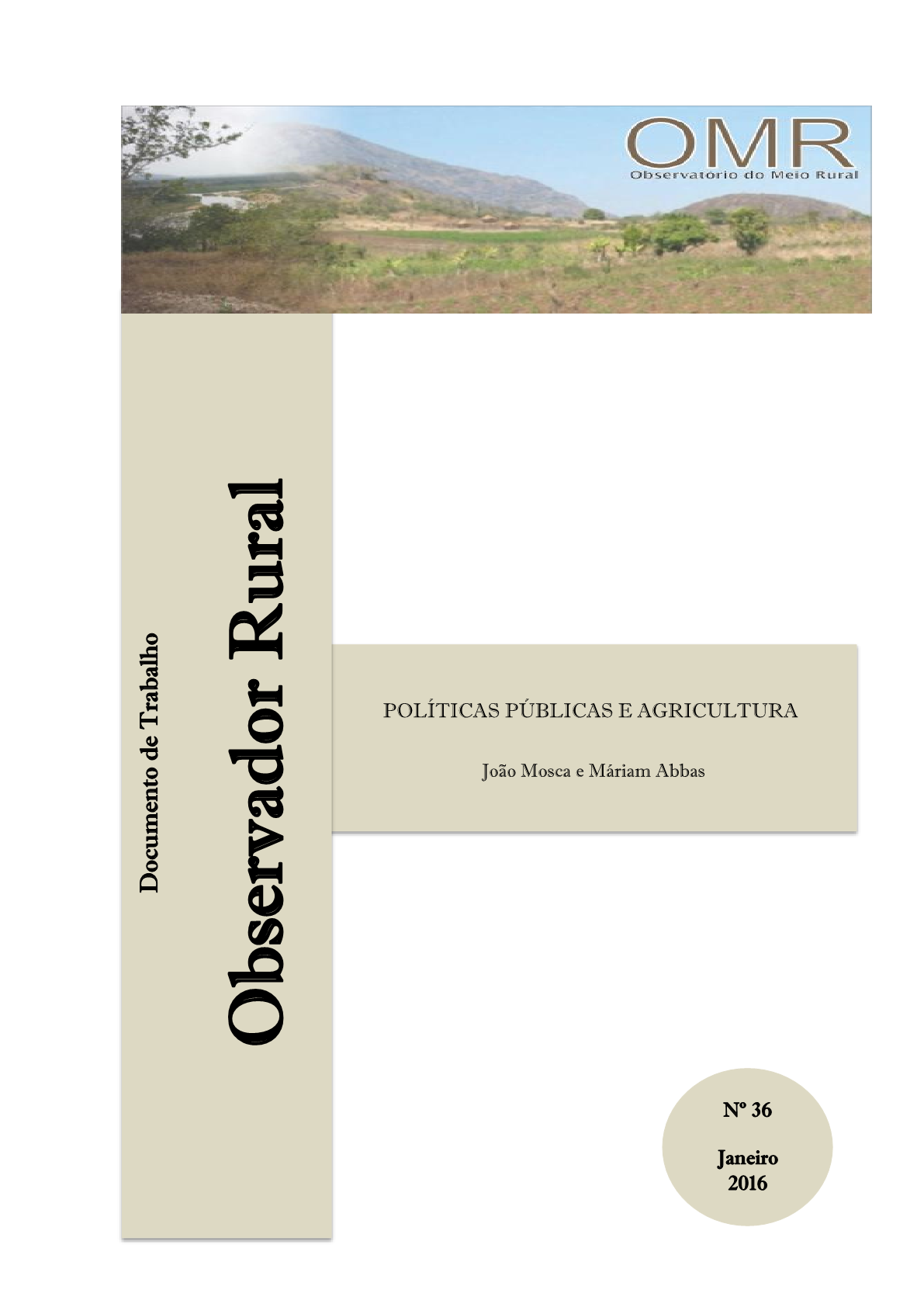Being a Women in Cote d'Ivoire
In Africa, women are subjected to
discriminatory practices that keep them in a vulnerable
situation. Their limited access to land, in a continent
where the majority of the population depends on agriculture,
reduces their access to credit and their capacity to
undertake sustainable economic activities to generate
income. They hold only 18 percent of agricultural lands and
are not better off in administrations. In Cote







